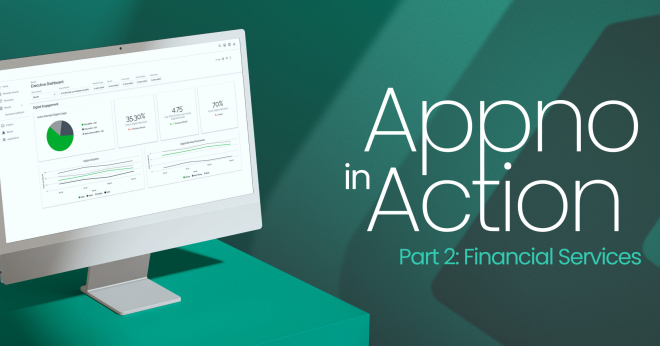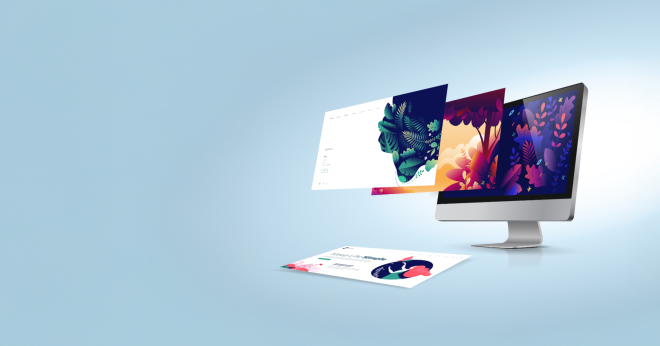AI
Faster and Smarter: How Appnovation uses AI to Drive Client Results
26 November, 2025|5 min Read
Speed and efficiency matter more than ever in today’s digital world - but not at the expense of accuracy, trust, or accountability. At Appnovation, we help clients keep pace with innovation by using…
Clear all filters
584 insights to be viewed

AI
08 December, 2025|5 min
What Is GEO and Why It Matters Now

AI
26 November, 2025|5 min
Faster and Smarter: How Appnovation uses AI to Drive Client Results

Creative & Experience Design
04 November, 2025|4 min
Why Marketers Can’t Ignore AI-Powered UX Design in the Age of Hyper-Personalization

Strategy & Insights
07 October, 2025|3 min
Unlocking Untapped Potential: Entering the World of AI & Data

Data & Analytics
01 October, 2025|3 min
Appno in Action: Transforming Data into a Revenue-Generating Platform for Financial Services

Strategy & Insights
24 September, 2025|3 min
Transforming Pharmaceutical Labeling: Digital ePI with FHIR Standards

Creative & Experience Design
17 September, 2025|3 min
Appno in Action: Elevating UX Through Strategic App Redesign for Pure Group

Strategy & Insights
11 September, 2025|5 min
Your Website Isn’t a Touchpoint — It’s Your Growth Engine

Creative & Experience Design
07 August, 2025|2 min
UX at Scale: Why Engagement Metrics Are the True Measure of Redesign ROI

Managed Services & Support
22 July, 2025|5 min
Your Guide to Understanding Managed Services & Support

Managed Services & Support
15 July, 2025|3 min
How Managed Services Help Our Clients Grow and Stay Ahead

Appnovation Culture
15 July, 2025|4 min
